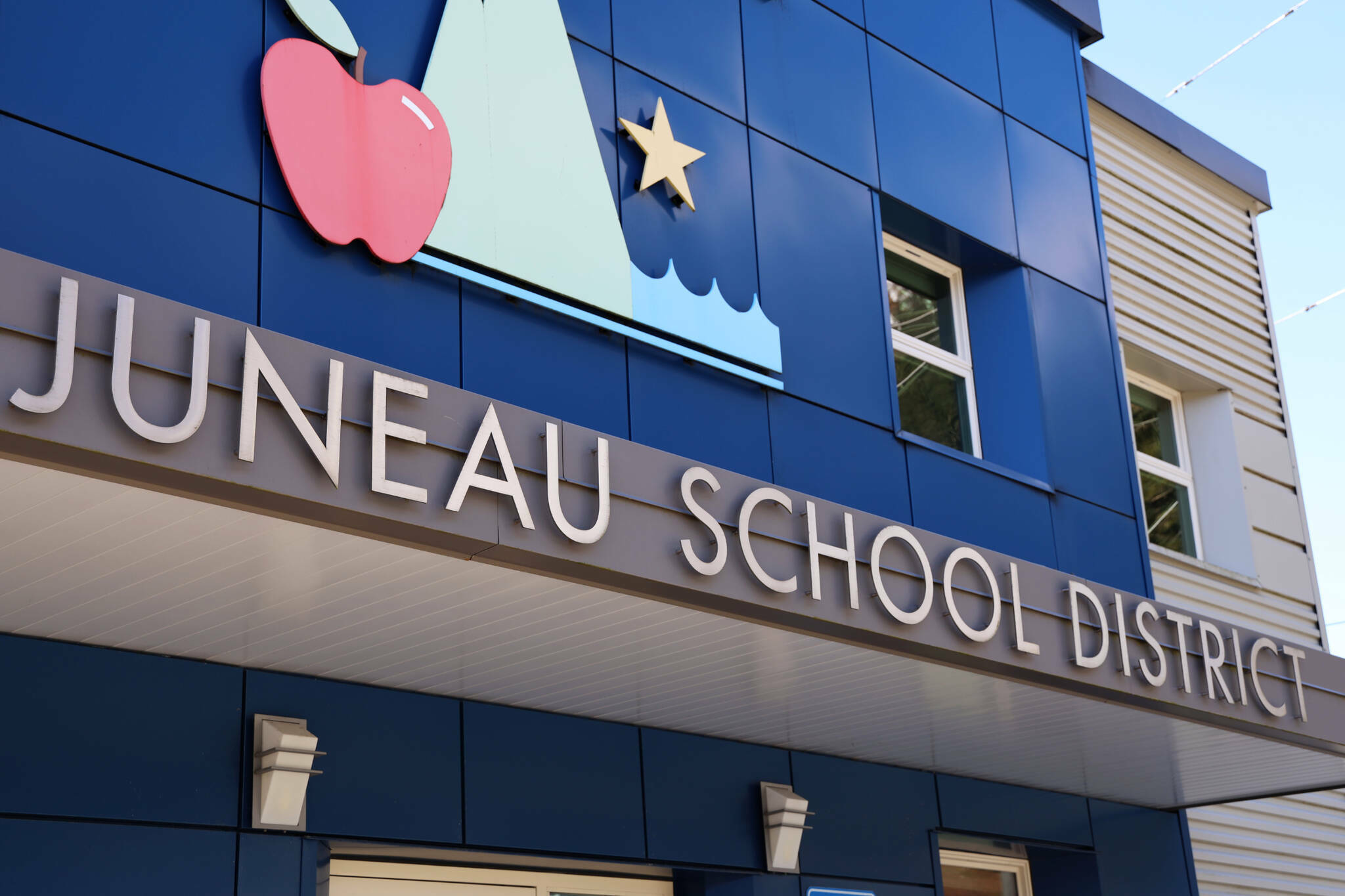Poor grades in some statewide test scores and assessments are continuing at Alaska’s schools, according to results released Friday by the state Department of Education and Early Development (DEED).
The results —which include Alaska Science Assessment scores — show 36.93% of students statewide were “advanced/proficient” in science and 63.07% “approaching proficient/needs support” during the past year — with 76.64% of students enrolled in the 5th, 8th and 10th grades participating. The results are slightly lower than the previous year, which showed a 38% advanced/proficient score.
[Statewide test scores ‘unacceptable’]
Caroline Hamp, a spokesperson for the education department, stated in an email Tuesday “DEED does not currently have interpretive guidance on fluctuations in scores for 2023.”
Juneau School District scores during the past year were better than the statewide average, with 42.87% of students “advanced/proficient” and an 88.65% participation rate. But that was considerably below the district’s 48.6% proficiency score from the previous year.
District Superintendent Frank Hauser said he’s pleased with how the district scored above the state percentage for the Alaska science assessments. He said he was most impressed with the sophomore class which scored 12.4% above the statewide average.
“I’m really pleased and excited to see that,” he said in an interview Friday evening.
Hauser said though the assessment was released Friday, he planned to dig more into the results to understand what has influenced the scores to sway both for the Juneau School District and the state.
“The assessment should be used to inform instruction, what are areas that we’re doing well, and how do we capitalize on that and continue to grow those areas,” he said.
He said a more in-depth conversation about the scores and factors that influenced them would be likely held at the Juneau Board of Education’s upcoming October meeting.
Board President Deedie Sorensen told the Empire on Friday she had not looked at the scores yet and would likely not comment on them until the broader discussion is held at the upcoming meeting.
Two other statewide results released Friday also offered a low-scoring, but decidedly incomplete, look at how schools are meeting academic and other curriculum goals.
One is the “Alaska Developmental Profile,” which evaluates students after their first year of public education — either in kindergarten or first grade — and assesses their performance on 13 goals ranging from general knowledge to approaches to learning to physical well-being.
Statewide 18.94% of students met all 13 goals during the past year and 31.61% of them met at least 11 of goals, according to results released Friday. Juneau fared somewhat better with 23.48% of students achieving all 13 goals and 36.03% achieving at least 11 of them.
The statewide numbers for 2022-23 are slightly higher than 2021-22, and lower by a somewhat larger margin compared to 2018-19 and 2019-20. Not listed are figures for 2020-21, due to widespread school closures resulting from the COVID-19 pandemic.
The other is an “English Language Proficiency Assessment” for students studying English as a second language, such as those from foreign countries. Results show 13% of 12th-grade students as “reaching” proficiency level on a six-step scale. A total of 40% were at the next-highest “bridging” level and 38% at the “expanding” level. But there were large variances in subcategories such as listening where 8% of students were in the top category and speaking where 37% were.
Hauser said there are more such students in Juneau recently who are arriving from their families from Ukraine, for instance, but they remain a small portion of the district’s overall enrollment.
The state education department noted that while results such as those released Friday “are necessary in making data-informed decisions, they are only part of the picture.” In particular, a department press release referred to the “new, innovative” Alaska System of Academic Readiness (AK STAR) whose results will be available later this winter.
“Alaska is transitioning to a new assessment model that will better support teachers and students,” DEED Commissioner Deena Bishop said in a prepared statement. “DEED is committed to getting this right, and the extended timeline ensures that results from AK STAR are accurate, aligned, and inform schools, teachers, families, and students about student performance and areas for improvement.”
However, results from the first AK STAR tests last year showed about 30% of students scored advanced or proficient in English and 23% at such levels in math. Juneau’s results were also slightly better than the statewide average in English, although there were significant local variances by school and grade level.
Statewide officials at the time blamed the COVID-19 pandemic and inadequate funding for the low scores.
“The COVID-19 pandemic certainly disrupted the typical learning experience for students in Alaska and these results are unacceptable,” said Heidi Teshner, the state’s acting education commissioner last year, in a prepared statement when the results were released. “However, the truth is that Alaska’s results were unacceptable before the pandemic.”
• Contact Mark Sabbatini at mark.sabbatini@juneauempire.com or (907) 957-2306. Contact reporter Clarise Larson at clarise.larson@juneauempire.com or (651) 528-1807.

